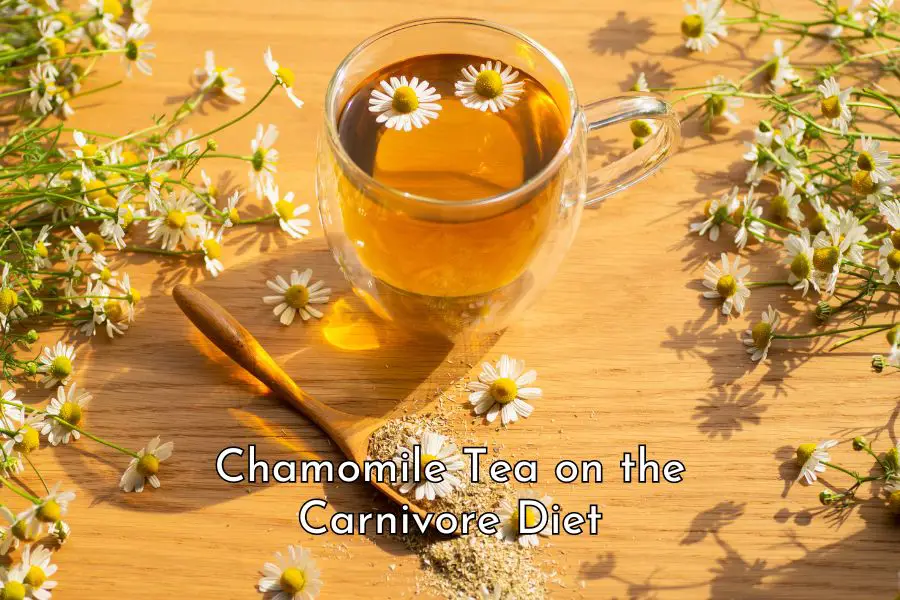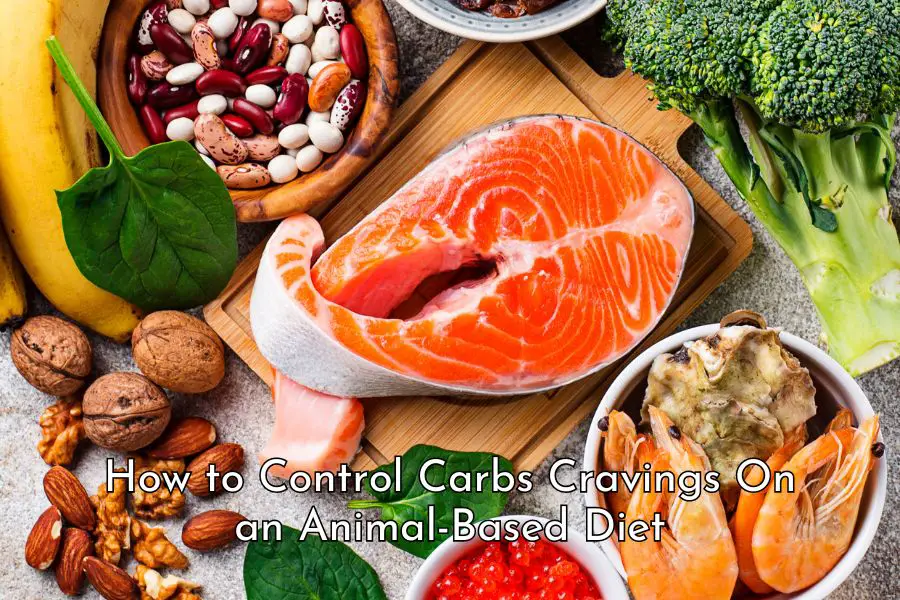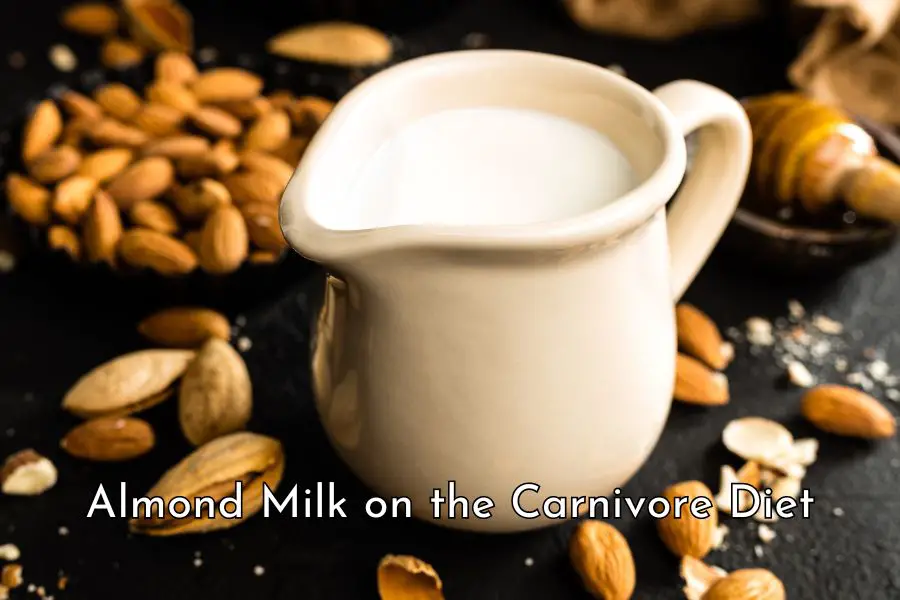Mayonnaise is a delicious and versatile condiment and some people would eat it with just about anything. However, store-bought mayonnaise is not carnivore and most of them are amongst the worst food you can eat.
Whether it is okay to have mayonnaise once in a while when you are adhering to a carnivore most of the time really depends upon what’s in it.
In this post, we will look at what’s in some popular commercial mayonnaise, why you should avoid it on a carnivore diet or animal-based diet, and, if you still want to consume mayonnaise on occasion, what you should look for, and how to make a healthier animal-based mayonnaise.
What’s In Mayonnaise?
Mayonnaise is a thick sauce made through a process of emulsification which usually requires oil, egg yolk, an acidic liquid, and a few other seasonings for flavoring purposes.
Below are the ingredient lists of a few popular mayonnaise brands.
Soybean oil, water, whole eggs, distilled vinegar, egg yolks, salt, sugar, lemon juice concentrate, calcium disodium EDTA (used to protect quality), natural flavors
Hellmann’s Real Mayonnaise
Rapeseed Oil (68%), Water, Pasteurised Free Range Egg Yolk (5%), Spirit Vinegar, Sugar, Starch, Salt, Mustard Seeds, Spices, Antioxidant (Calcium Disodium EDTA)
Heinz Seriously Good Mayonnaise
Vegetable Oil (Antioxidant (320)), Water, Free Range Whole Egg (9%), Vinegar, Sugar, Salt, Mustard Flour, Whey Protein Concentrate (Milk), Concentrated Lemon Juice, Acidity Regulator (Citric Acid), Vegetable Gums (Xanthan Gum, 405), Garlic Powder, Carrot Extract
Woolworths Whole Egg Mayonnaise
Soybean oil, Egg yolk (9.5%), Distilled Vinegar, Salt, Rice vinegar, Water, Flavour Enhancer (621), Spices (contains mustard), Antioxidant (385).
Kewpie Japanese Mayonnaise
High oleic sunflower oil, organic aquafaba (water, chickpeas), organic lemon juice, fair trade organic coconut sugar, salt, distilled vinegar, acacia gum, rosemary extract, xanthan gum, black pepper, citric acid, mustard extract, lemon oil
Sir Kensington’s Vegan Mayo
As can be seen above, common mayonnaise ingredients are vegetable oils (soybean oil, rapeseed oil, sunflower oil), egg, vinegar, sugar, salt, seasonings and preservatives (calcium disodium EDTA).
Is Mayonnaise Okay on the Carnivore Diet?
You shouldn’t eat store-bought mayonnaise on the carnivore diet or animal-based diet because:
- Void of Nutrients: With its main ingredient being industrial seed oil, mayonnaise is just empty calories and has almost no nutritional value
- Unhealthy Fats: Mayonnaise is mostly just industrial seed oils (e.g. soybean oil, sunflower oil, canola oil, safflower oil). Industrial seed oil is toxic, inflammatory, and especially high in omega-6 and has been linked to many health problems including obesity, autoimmune conditions, asthma, cognitive diseases, and an increased risk of cardiovascular diseases [1, 2, 3, 4, 5, 6, 7]
- Additives and Preservatives: Some mayonnaise products may contain added sugars, artificial flavorings, preservatives, or other additives which can be detrimental to health when consumed in large amounts or on a regular basis. For example, a common preservative used in mayonnaise called calcium disodium EDTA has been found to cause gut inflammation and induce colon cancer at low doses in animal studies [8, 9]
- High in Calories: One tablespoon of mayonnaise has around 90-100 calories which will take approximately 20 minutes of brisk walking to burn off for an average person. If you are trying to lose weight, it’s all the more reason to avoid mayonnaise and similar types of empty calories altogether.
Which Mayonnaise May Be Okay to Consume Occasionally
If you enjoy mayonnaise, choose those with healthier oils like olive oil or avocado oil and has as few ingredients as possible. For example, Primal Kitchen Mayo contains avocado oil, organic eggs, organic egg yolks, organic vinegar, sea salt, and organic rosemary extract. This mayonnaise may be a bit pricey compared to other commercial brands but looks a lot healthier.
In addition, making your own mayonnaise using cold-pressed oils like olive oil and avocado oil or animal-fats such as lard, duct fat, or bacon grease is a lot more healthy and allows you to have control over what goes in it.
Below is an easy animal-based mayonnaise recipe if you want to try making your own.
Ingredients:
- 1 cup oil (e.g. bacon grease, duck fat, lard)
- 1 egg at room temperature
- 1 tablespoon vinegar or lemon juice
- 1/4 teaspoon salt
- 1 tablespoon Dijon mustard.
Instructions:
- In a small bowl or a food processor, whisk together the egg, vinegar or lemon juice, salt, and mustard until well combined
- Gradually add the oil, a few drops at a time, while continuously whisking or blending the mixture. It’s important to add the oil really slowly at the beginning to achieve proper emulsification
- As the mixture starts to thicken and emulsify, you can gradually increase the rate at which you add the oil, pouring it in a steady stream while whisking or blending continuously using a food processor. This step helps to create a smooth and creamy texture
- Continue adding oil and whisking or blending until all the oil is incorporated, and the desired consistency is achieved. The mayonnaise should be thick and creamy
- Transfer the mayonnaise to a jar or airtight container and refrigerate for at least 30 minutes before using. This helps to enhance the flavor and allows the mayonnaise to thicken further.
The mayonnaise can be kept in the fridge for a week.
Conclusion
Store-bought mayonnaise is not carnivore and unhealthy and you should definitely avoid it if you are on the carnivore diet to fix some health problems. However, mayonnaise made from healthier oils such as cold-pressed oils or animal fats can still be enjoyed in moderation.
Other posts you might be interested in
Is Diet Coke Okay on the Carnivore Diet?
Are Eggs Okay on the Carnivore Diet?
Can You Eat Avocados on the Carnivore Diet?
Can You Drink Milk on the Carnivore Diet?
Is It Okay to Eat Bacon Every Day on the Carnivore Diet?
Is Cheese Okay on the Carnivore Diet?
Who Might Benefit from a Strict Carnivore Diet?
Disclaimer: The information in this post is for reference purposes only and is not intended to constitute or replace professional medical advice. Please consult a qualified medical professional before making any changes to your diet or lifestyle. Please check out our disclaimer for more detail.





